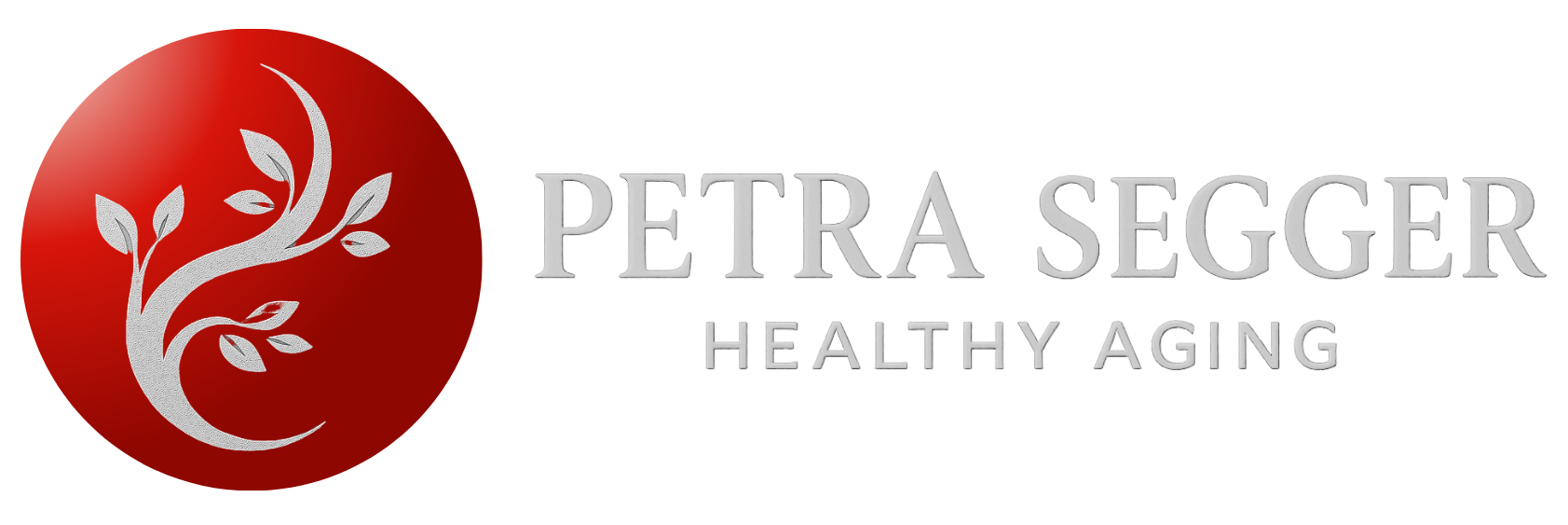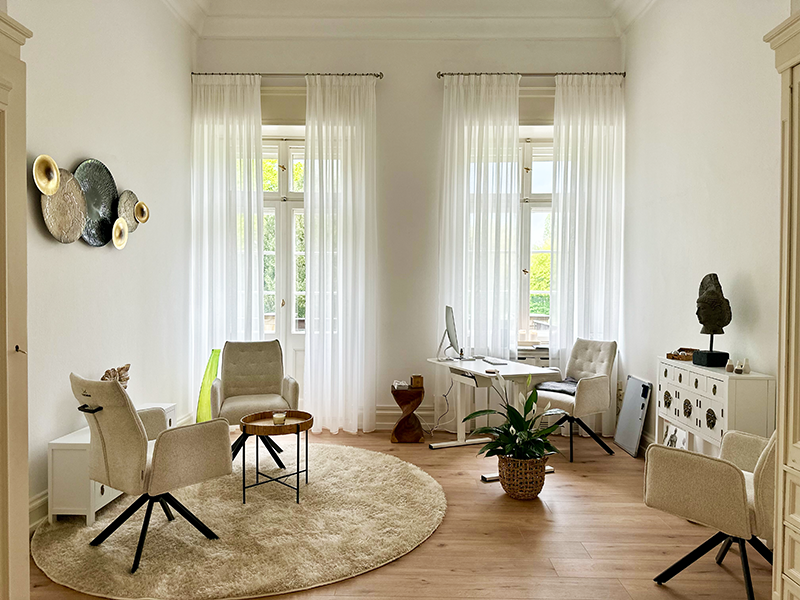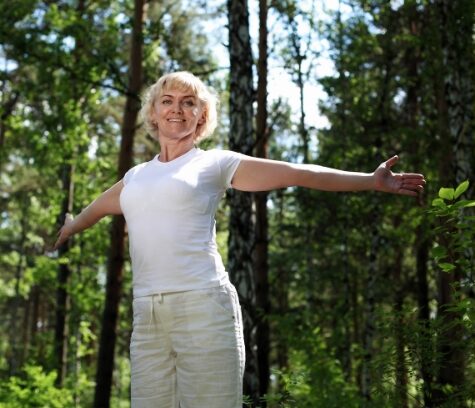Wie die Kombination aus Nährstoffen und Qigong Deine Gesundheit stärkt.
Essenzielle Nährstoffe versorgen deine Zellen mit wichtigen Substanzen, die für gesunde Funktionen, starke Knochen und mentale Klarheit notwendig sind. Qigong fördert den Fluss deiner Lebensenergie (Qi), stärkt emotionales Wohlbefinden und geistige Klarheit und hilft, energetische Blockaden frühzeitig zu lösen.
Die synergetische Kombination von Nährstoffversorgung und Qigong-Praktiken verstärkt die positiven Effekte beider Methoden. Diese Kombination fördert eine ganzheitliche Balance auf körperlicher, emotionaler, mentaler und energetischer Ebene, stärkt deine körperliche Gesundheit, verbessert die geistige Klarheit und unterstützt die langfristige Prävention von Erkrankungen wie Demenz und Osteoporose.
Bewertungen
My
networks:

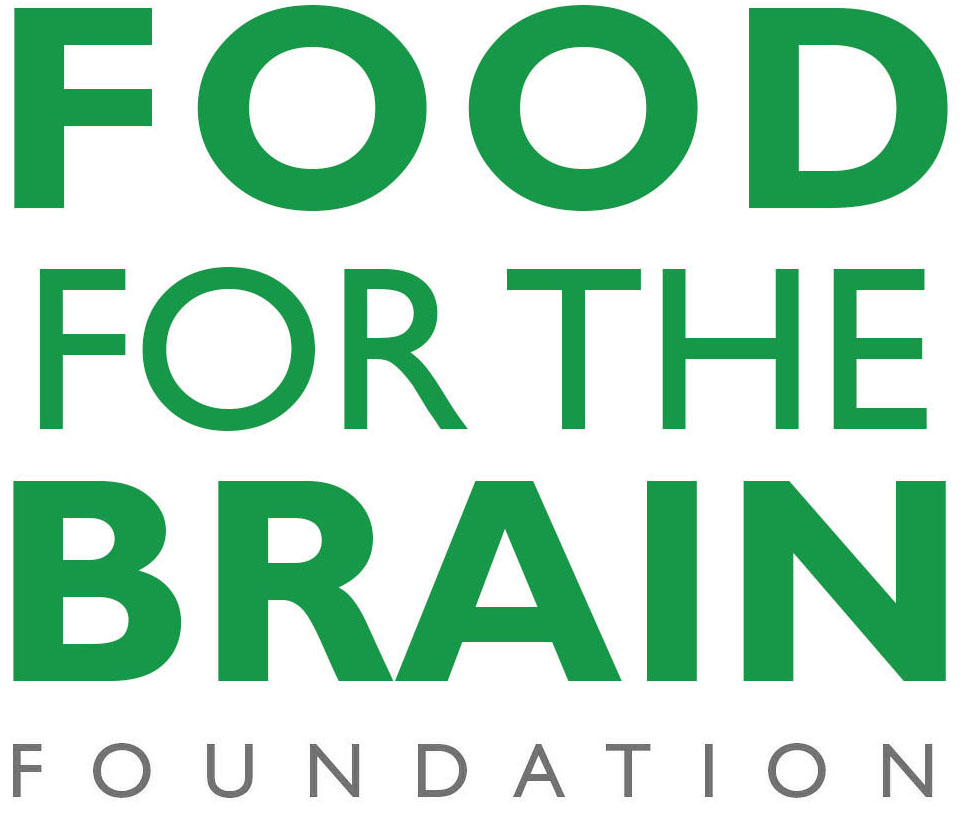

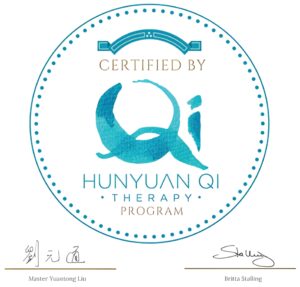
Erlaube Dir das gute Gefühl, Dinge anzupacken – und dann
fühlt es sich plötzlich viel einfacher an, als Du dachtest!
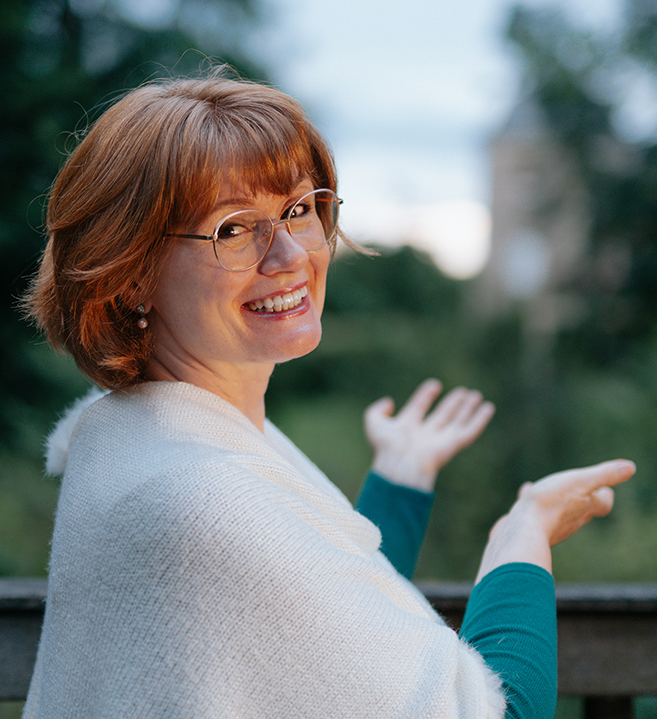
- Rechtliche Hinweise:
Diese besondere Qigong Methode ist als ergänzende Maßnahmen zur Schulmedizin zu betrachten. Sie stellen keine Heilversprechen dar, sondern zielen darauf ab, Körper, Geist und Seele in Einklang zu bringen und die Selbstheilungskräfte zu stärken. Bei Diagnose und Behandlung von Krankheiten ist es ratsam, sich an einen Arzt oder Therapeuten zu wenden.
Der Begriff „Hunyuan Qi Therapie“ wird im Kontext des Qigong verwendet. Diese Therapie stellt in der westlichen Medizin/Schulmedizin keine eigenständige Therapiemethode dar und kann keine bereits verordnete Therapie eines Arztes oder Therapeuten ersetzen. Sie dient vielmehr dazu, bestehende Therapieansätze zu ergänzen und den Heilungsprozess ganzheitlich zu unterstützen. ↩︎

